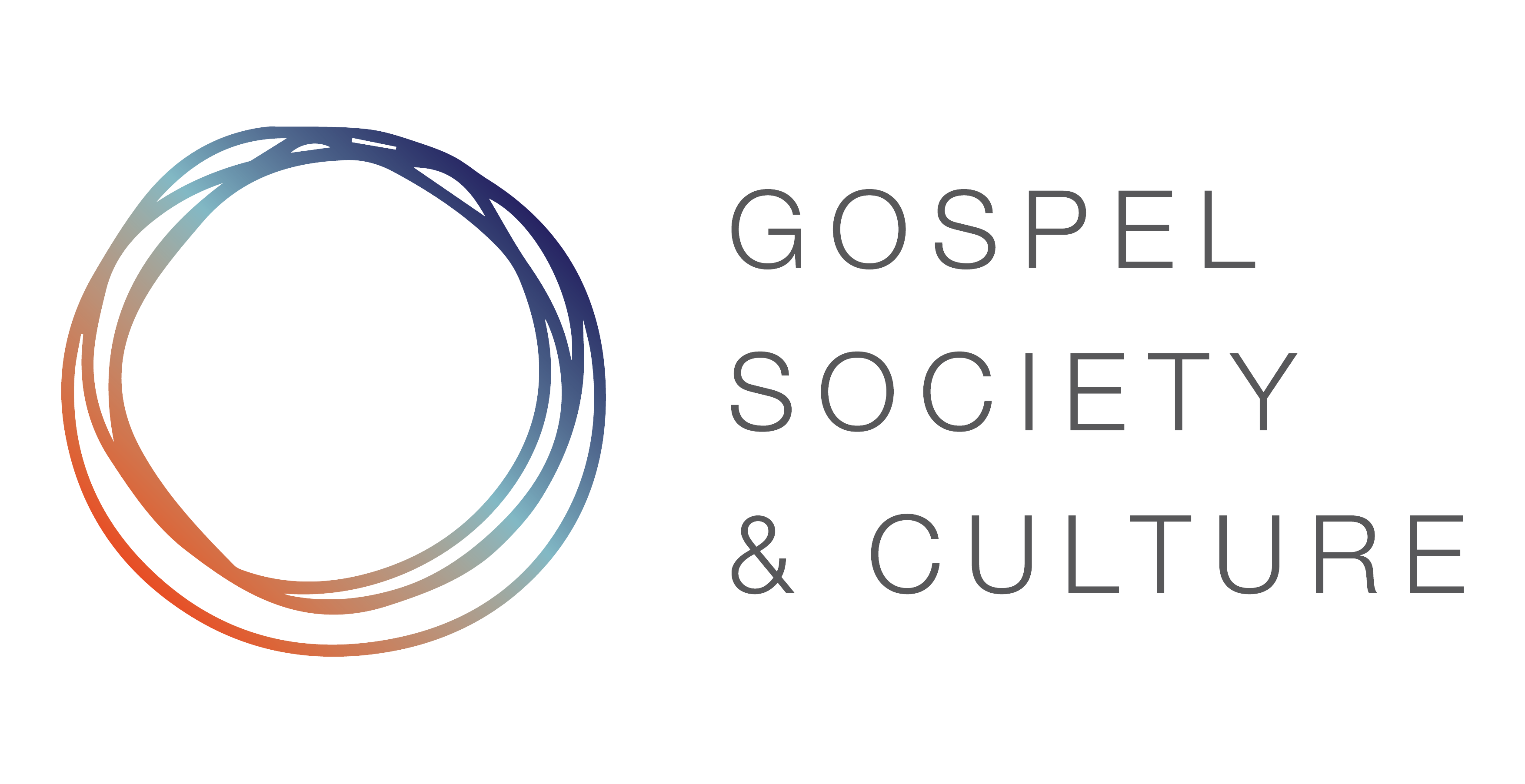
In the first blog on the new media, I offered some general and practical advice on how to engage with media responsibly.
In this second blog I’m looking at personal issues – your reputation and credibility, for example.
I’ll start with a reminder from the first blog that using social media makes you a reporter, sub-editor, editor, commentator and publisher.
You are a reporter when creating content: a commentator when you Share, Like or Comment and an editor and publisher when you select an item to Share.
This is a profound responsibility. You are putting your reputation and integrity on the line every time you initiate an action.
I hope this next section helps you re-assess how you consume and engage media.
WATCH YOUR LANGUAGE
Words are a powerful tool – for good and bad. The Bible is full of reflection on that. Some use words as a weapon that causes great hurt. Then there is reckless use of language that is misunderstood or misinterpreted. When your thoughts appear in black and white, as a Comment for example, they are there to stay. You cannot erase them.
You may not intend to mean harm. But it is difficult to write with clarity and intent in 280 characters. That ultra short form of communication is an art. Remember also who you’re representing – your faith, your family, your church. Your own reputation and character are on full view.
YOUR CREDIBILITY IS ON THE LINE
As a content creator or re-publisher, you ‘own’ the post. If the story is wrong or controversial, provocative or incendiary, it’s yours to defend. Someone else may have created it, but you are the conduit.
GET A THICK SKIN
If you publish, especially Christian material, be prepared for surprising and unwanted feedback. And obviously make sure your tone in reply is beyond reproach.
ACCOUNTABILITY
If you are a ‘leader’ in any capacity in your community, it’s important to recognise that you may be seen to be representing other people, directly or indirectly.
MEDIA IS ADDICTIVE (because it’s personal and interactive).
It makes you laugh and cry; angry and happy. It’s spontaneous and unpredictable. This is a heady mix. Uncontrolled, heavy use can give you a distorted view and opinion of reality. In a challenging Covid-19 world, overuse of any media can exaggerate feelings of despair. The Gospel Society and Culture (GS&C) committee has produced two excellent papers that add much to this discussion http://gsandc.org.au/information-technology/
CONTROL THE AMOUNT OF TIME YOU SPEND CONSUMING MEDIA
Christian blogger Tim Challies challenged people recently to consider the number of hours spent on TV and social media compared to reading the Bible or consuming other Christian media. You don’t have to keep a diary to know instinctively that we have the balance wrong.
I am not going to suggest ways to discipline yourself. You should do that with a clear head about your other responsibilities and what you can cope with.
I am a heavy user of media – always have been. I have emotional callouses. It’s been my job for 40 years. But even I have been overwhelmed by the dramas of 2020. So, I’ve fenced off my time. I’m not rigid about it, but as an example I’ll catch up with news on radio in the morning and some overseas websites, revisit those websites a couple of times during the day and then a night TV news bulletin. If there’s nothing new, I’ll switch off.
SELECT YOUR MEDIA WISELY
You cannot possibly read everything that’s available.
You are making a serious mistake if, like many people, you depend on social media feeds for your news and information – for all the reasons mentioned here and the other two articles in this series.
All of us need to get control of what we are spending our time on. Would you think it a good idea for Dymocks to drop off 100 books and magazines of their choice daily at your front door? Of course not. Well, that’s what happens on social media.
For news sources, choose two or three trustworthy channels for your regular consumption, ideally from different ends of the political and cultural spectrum. Living in an echo chamber of ideas or publications you agree with may be comfortable, but not necessarily edifying. News sites are free, some partially free and some charge a subscriber fee. It’s worth subscribing to quality sites. There are also many accessible overseas news sites and specialist ‘source’ publications for you to use ad hoc.
Choose a couple of reliable Christian publications or websites to follow. GS&C for example. Like us on Facebook. The Gospel Coalition and Ligonier are other trustworthy sources. Christianity Today and Eternity for international and Australian perspectives are useful because they cover issues in a timely way. And there’s great free access to Christian websites, blogs, podcasts and videos. Lots of them. Many give a Christian worldview of all issues in a timely way. Again, control the volume.
READ LONG
Twitter, Facebook and Instagram are educating us to ‘read short’ – telegraphese. This is a dangerous and unwelcome development. We risk losing the skill of concentration and comprehension. It’s already a 24/7 peak hour world where our valuable time seems to disappear. The Bible certainly has its ‘short-takes’ (Proverbs and Psalms). But it is a book of profound depth, that pays handsome dividends when time is spent praying, meditating and studying it. We are unknowingly training our minds to consume ‘grabs’ or sound bites of information. Anything that’s complex is shunned. As mentioned earlier, GS&C has two excellent papers on Information and Technology that give an in-depth view of this subject http://gsandc.org.au/information-technology/
READ WIDE
I mentioned earlier the importance of seeking a range of views. Reading laterally – books, magazines, blogs and listening to podcasts – gives you access to a plethora of information on any given subject. In a sea of negativity, this is the big plus of the internet – as long as we’re disciplined in using it.
SETTINGS – YOUR BEST FRIEND
Spend a bit of time in your social media settings tab and ‘filter’ and prioritise your news feed and privacy settings. This is helpful in getting some partial control back from the likes of Facebook To change your settings, or better understand Facebook’s privacy settings, this 10-minute YouTube video may help
https://www.youtube.com/watch?v=SuY-XxcYeqE’
Finally, here is an excerpt from an article by Liz McClean (CEO of the Presbyterian Church’s mercy ministry, Jericho Road). She is writing in the context of decisions being made by leaders about Covid-19. I think it’s a valuable contribution for everyone who inhabits the social media space at any time and on any subject:
I see more and more each day Christians who have strong opinions expressing them on social media and in other contexts.
“They should have thought about …”
“Wouldn’t you think they could…”
“It’s ridiculous that they are not…”
“Can’t we change the wording of that public health announcement…” and the like.
It’s easy these days to have both an opinion and a platform to share it. But right now (and at other times but now in particular) it’s important to think about what opinions you are sharing and why. Because often you are sharing an opinion about a decision that someone has made at great cost.
And most times, that decision is not made lightly. I’d venture to say in the present environment no decision is being made lightly. So here are some things to consider:
- When you say “I would have done…” consider the fact that you probably don’t have all the information that the person making the decision would have had when they made the decision.
- When you say “I would have done…” consider that you might be right… but that they might also be right. In times such as these there is often no one “good” decision, and plenty of times when it is a choice between several “bad” decisions.
- When you say “I would have done…” bear in mind that you did not have to. The burden of decision making amid COVID-19 is tremendous and overwhelming. Be thankful that someone other than you bears that burden and do not add to it.
- When you say “I would have done…” that the person making the decision may have wanted to do the same thing, but because of circumstances that you know nothing of they could not.
- When you say “I would have done…” you may be hurting the person who has had to make that decision rather than being compassionate.
THE third part in this series explains the journey from legacy media to new media – and why we face unique challenges.
http://gsandc.org.au/media-how-we-arrived-at-this-place/
if you’re interested in reading more about the new media phenomenon, the Gospel, Society and Culture committee has produced two two excellent papers.
http://gsandc.org.au/information-technology/
Two books I found helpful are:
Plugged In. Author: Daniel Strange. Publisher: The Good Book Company.
Wake Up – The Nine Hashtags of Digital Disruption. Author: David Fagan. Publisher: University of Queensland Press

A false witness will not go unpunished, and whoever pours out lies will perish.
– Proverbs 19:9
